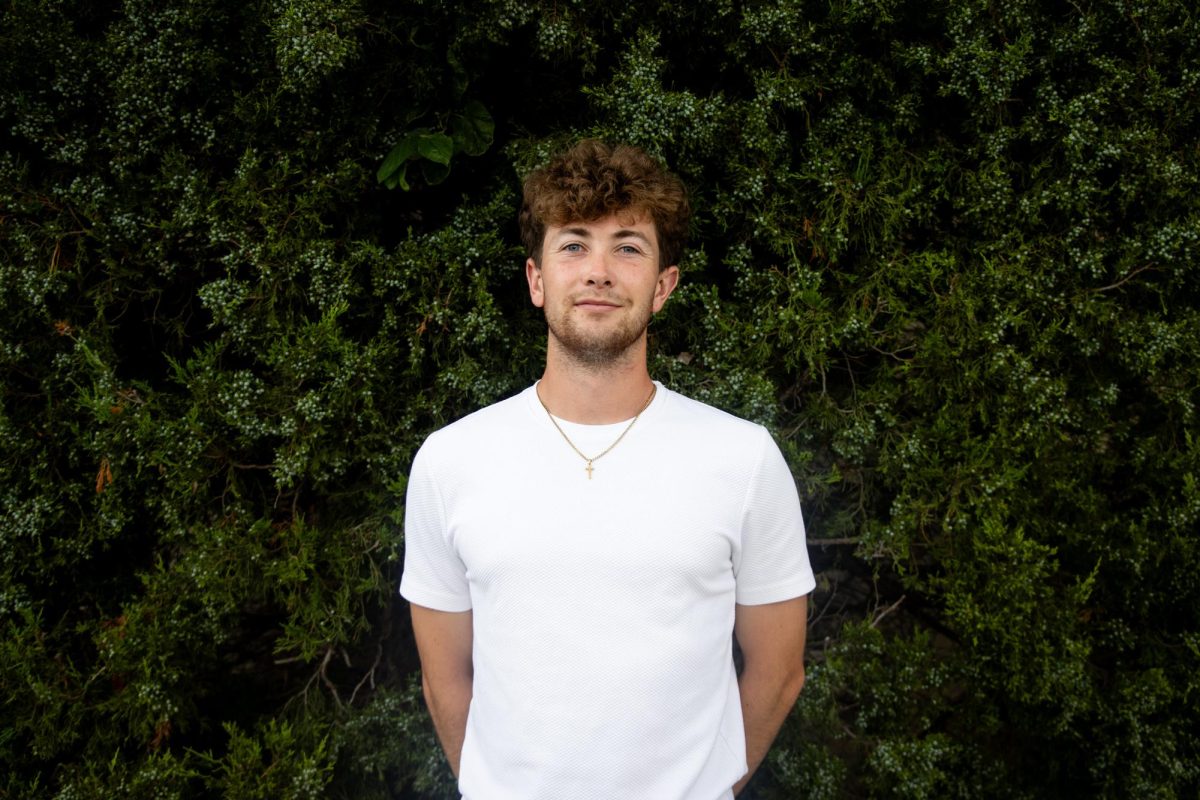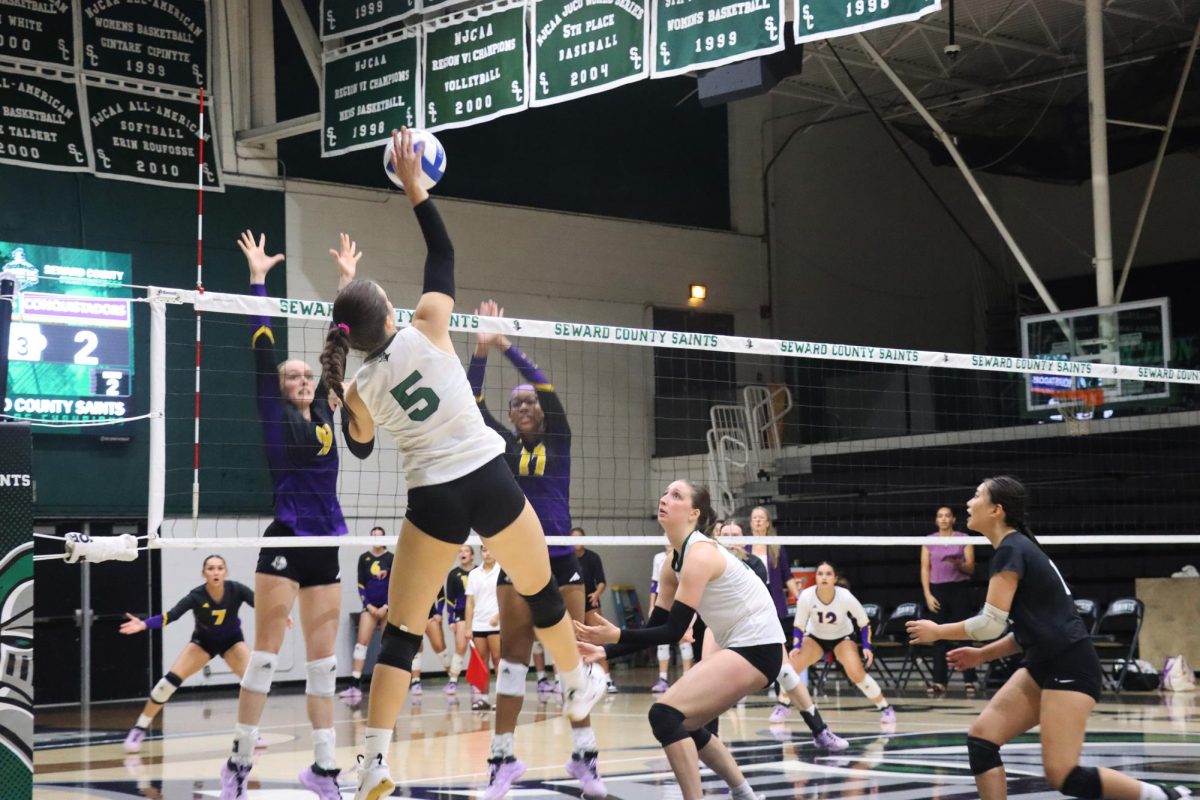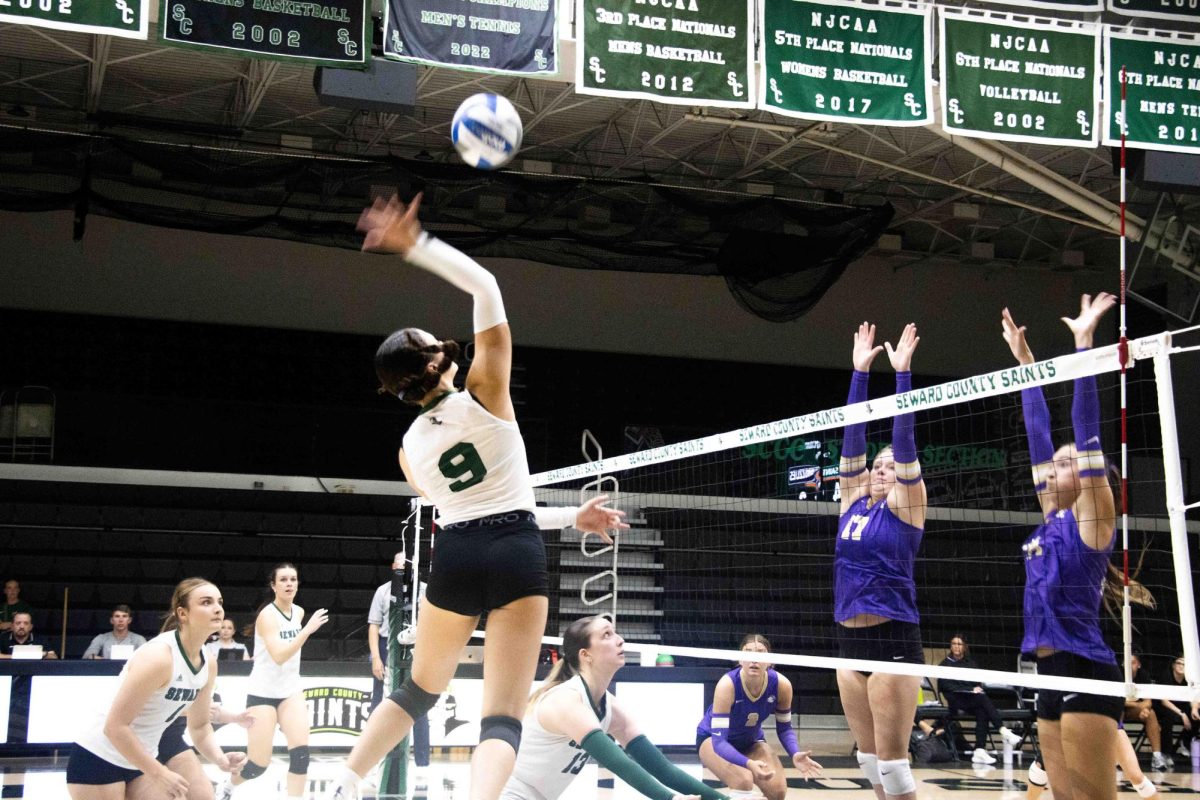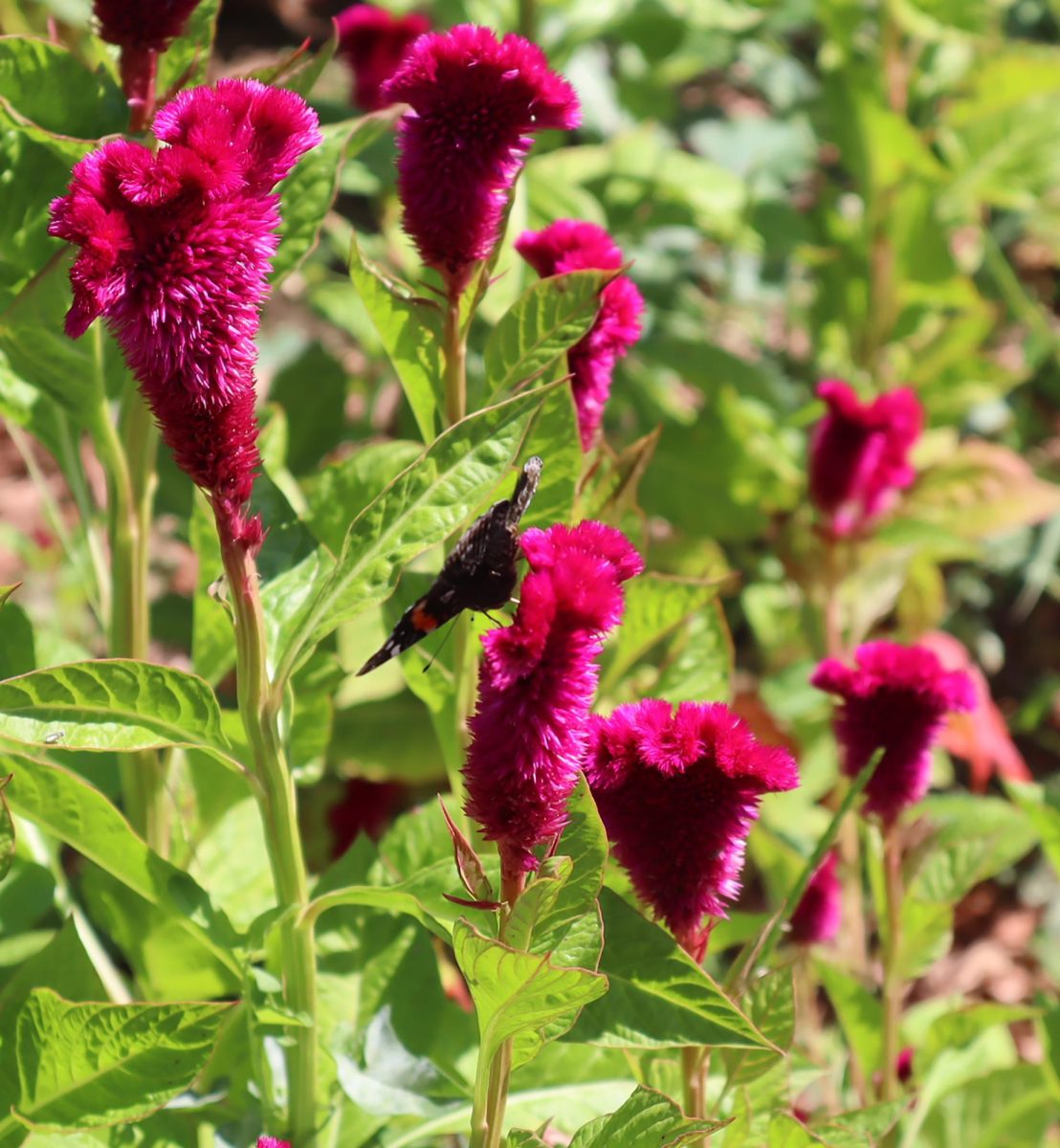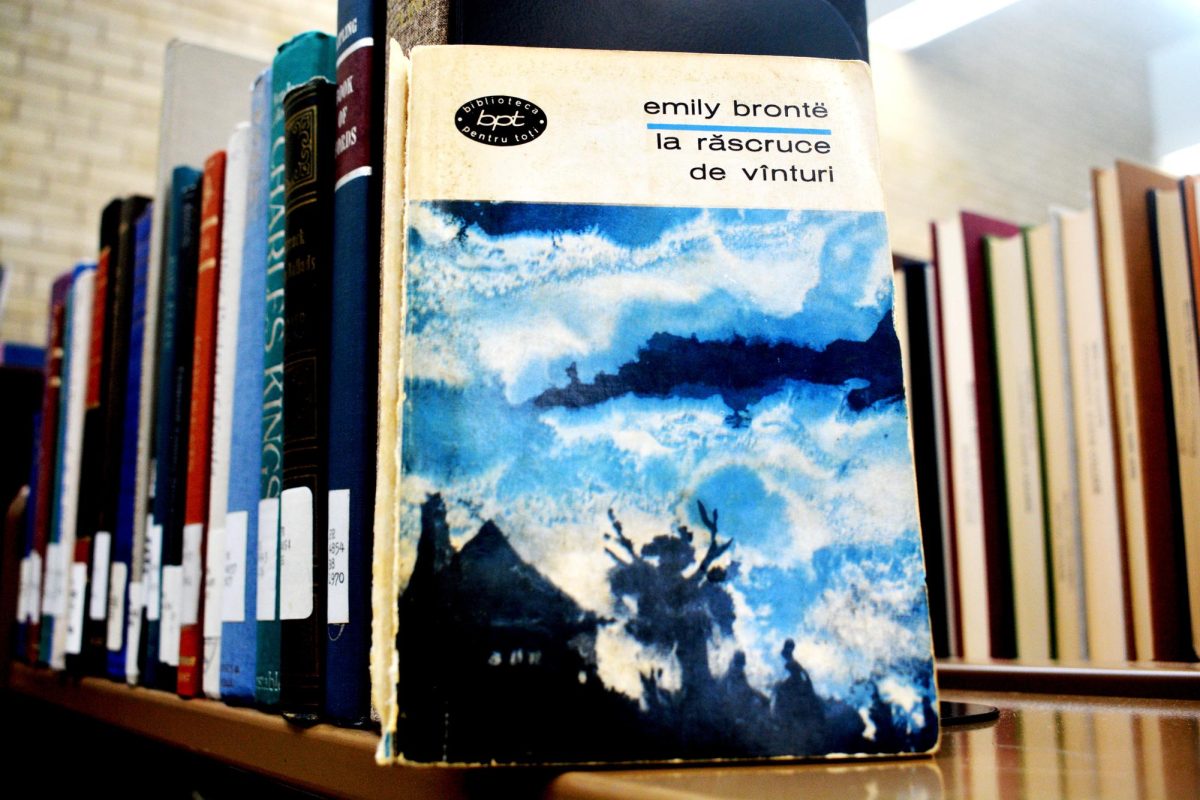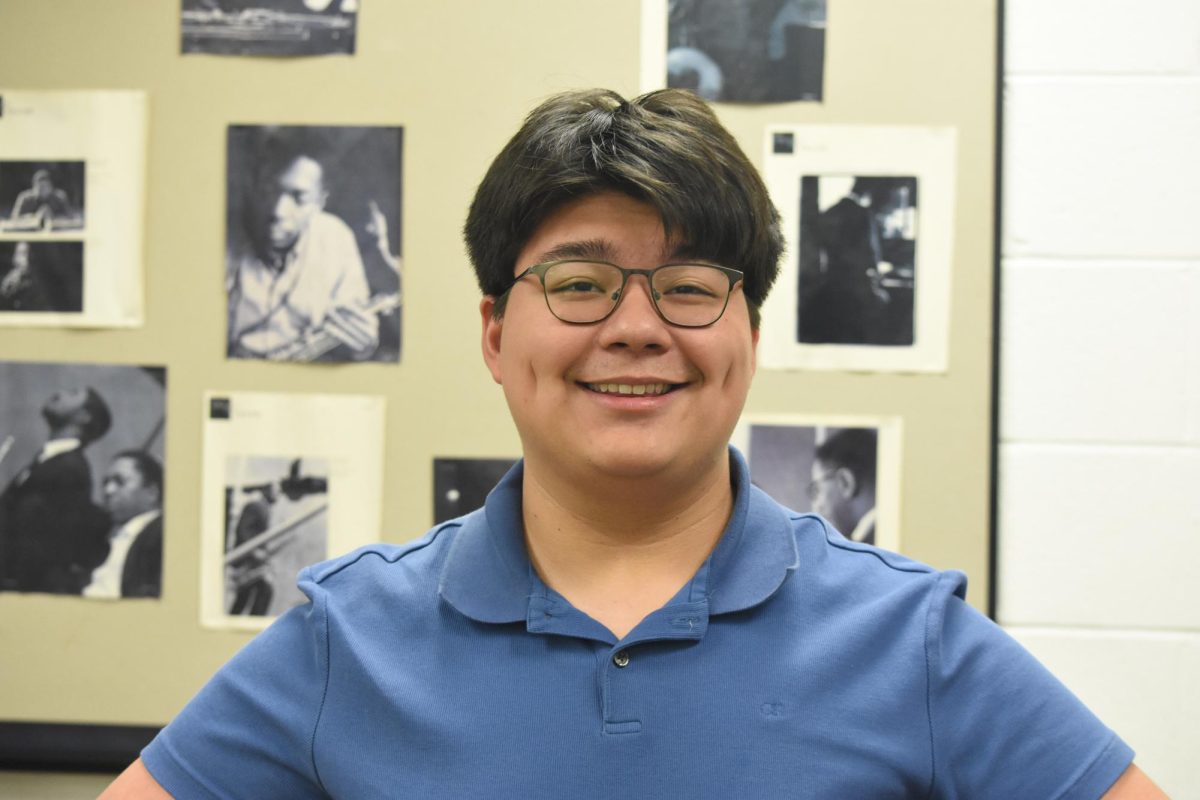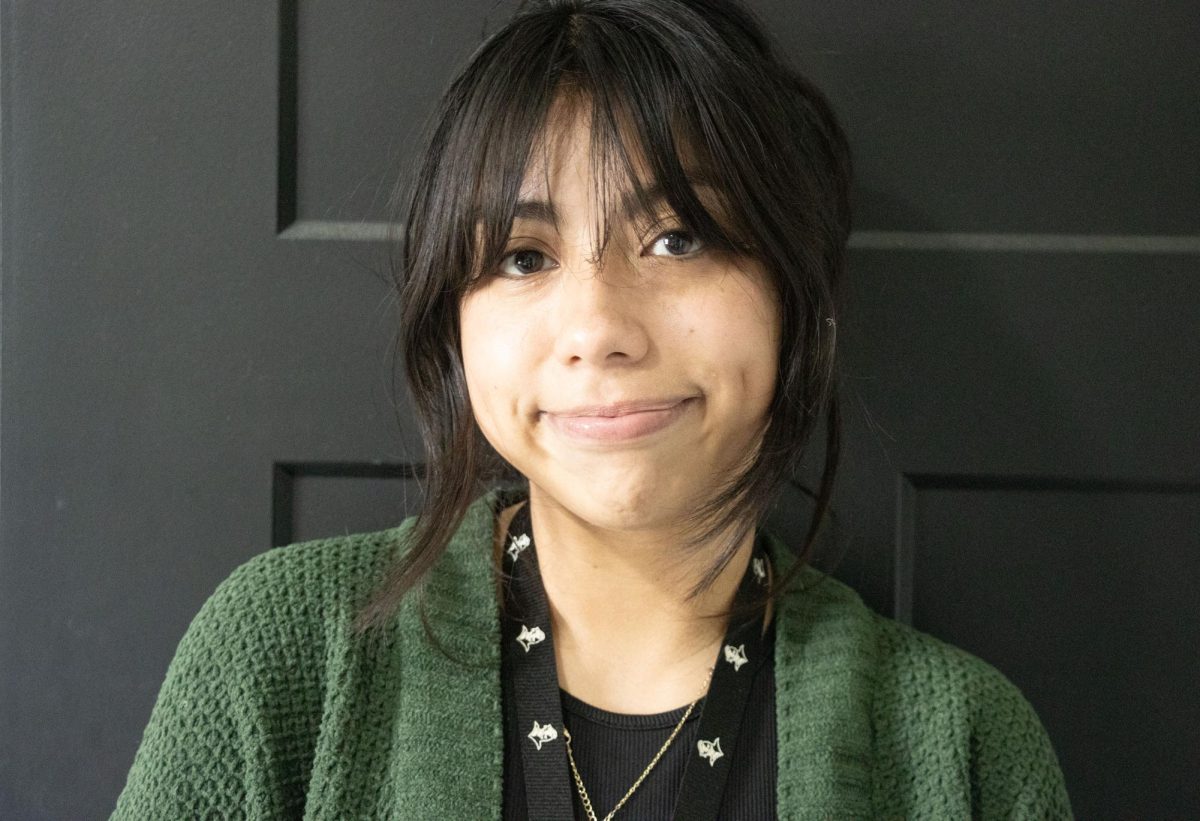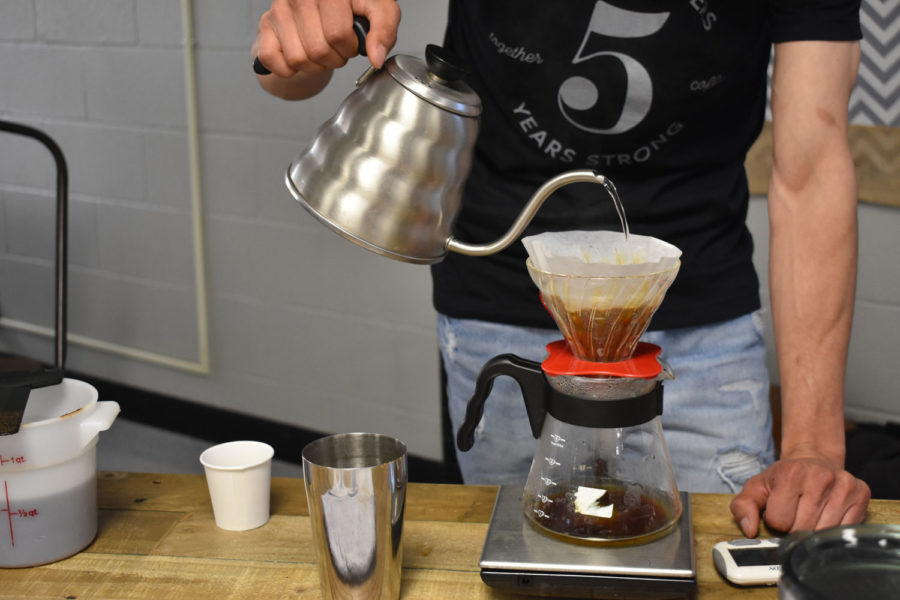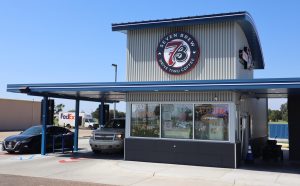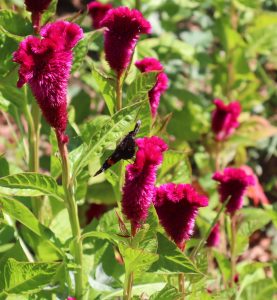There’s more to coffee than you think
One of the many ways to brew coffee is the pour over method. It starts by wetting the filter then pouring the coffee. Then the coffee must be stirred about five times then the more water is added and must be stirred again. The coffee can be seen dripping down.
April 18, 2019
Louie’s place is filled with the smell of coffee. The unique taste of Reverie Roasters coffee was in full swing as attendees sipped the coffee.
On April 17 Reverie Roasters held a coffee lecture at Louie’s place. This included a brief history of coffee and how coffee gets from the tree to the commercially packaged bag in our local grocery stores.
Andrew Gough, the owner of Reverie Roasters, gave a brief history about coffee dating back to a sheep farmer. “The origins of coffee can be traced back to America, Africa, and Asia,” Gough said.
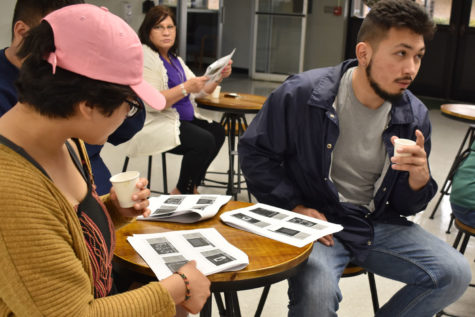
SCCC students listened carefully as Andrew Gough gave a lecture on coffee.
The lecture which is normally split into four two-hour classes was condensed down to one for the SCCC crowd. One of the topics was blends. Typically when we think of a blend it’s a type of coffee but in fact, it’s when two or more types of coffees are blended together.
Gough said the way the coffee is brewed can impact the taste.
“Water quality is important,” Gough said. “It can impact the way the coffee turns out.”
Jason Hendry, Reverie Roasters wholesale manager, demonstrated on the pour over method. This method of brewing involves a drip filter which brews the coffee slowly. This is one of the many ways that coffee can be brewed.
There was something to learn for everyone.
“I learned about coffee and how to be more educated about it. I know more about where it comes from and I am now more appreciative of where coffee comes from” Biviana Rodriguez, sophomore music major, said.
Reverie Roasters explained how they work with farmers and try to make an impact.
“We work with people knowing we will make a difference,” Gough said, “we work with farmers who get a fair wage for their work. Not everyone gets paid a fair wage in places like Guatemala. They make about $4 dollars a day”.
At the end of the day, many things were learned. Coffee comes from a cherry-like fruit. The process from picking to roasting is a long extensive process which includes precision and a lot of patience to get coffee beans. Don’t judge a coffee by its states but rather by its brewing technique. There are so many steps when making coffee that anything could affect it.
Lastly, most importantly coffee is just as much of a science as it is an art.

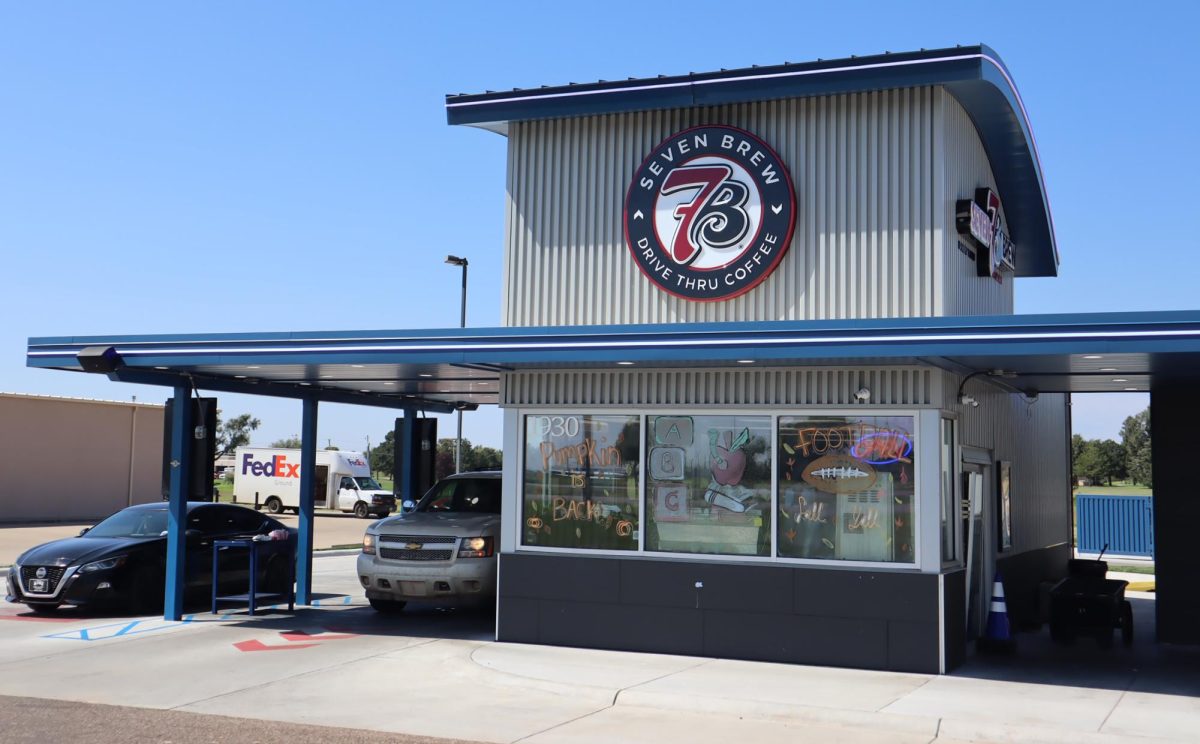
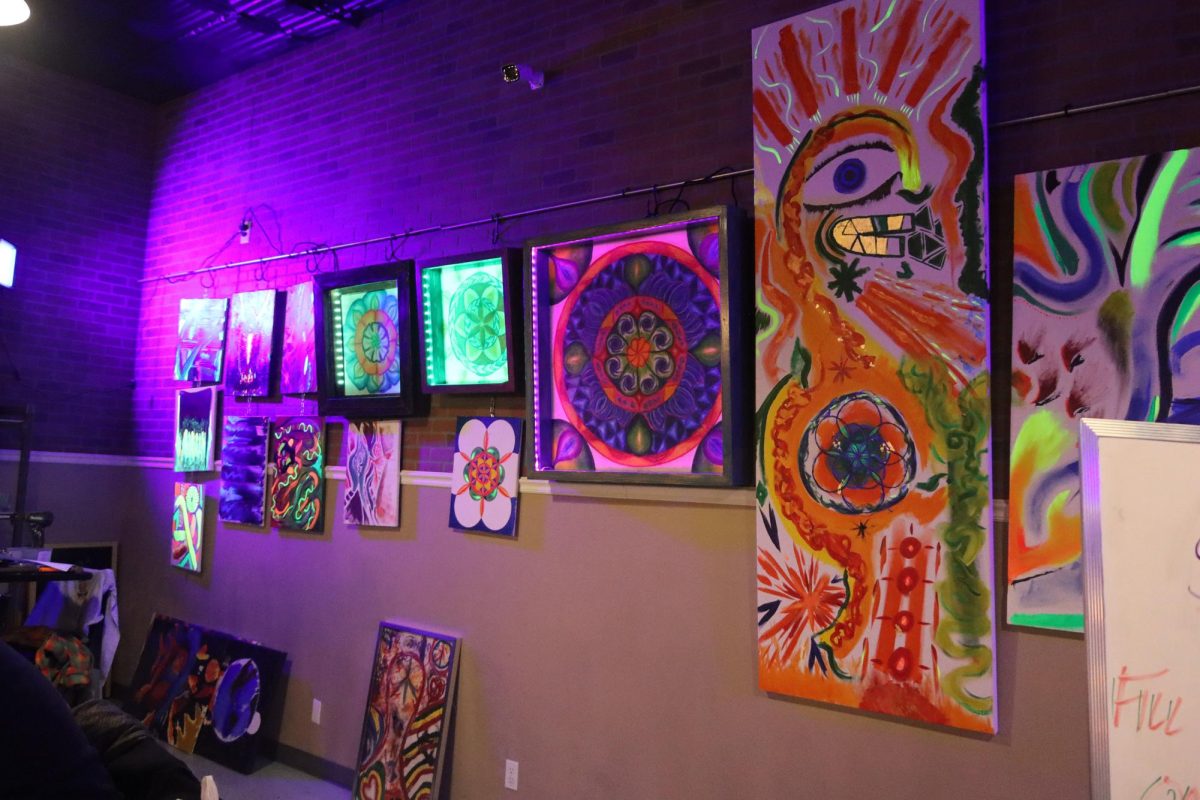










![The sophomores were recognized on the field instead of walking across the stage during their doubleheader. They received their diplomas and a picture of themselves playing during their career at Seward. [Pictured left to right are Dylan Day, Reed Thomas, Jase Schneider, Mason Martinez, Gannon Hardin, Brody Boisvert, and Zach Walker]](https://crusadernews.com/wp-content/uploads/2022/05/WEBDSC_0275-900x454.jpg)













